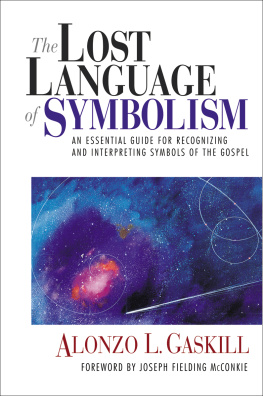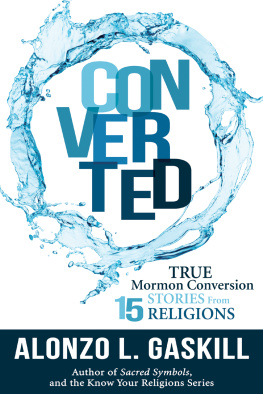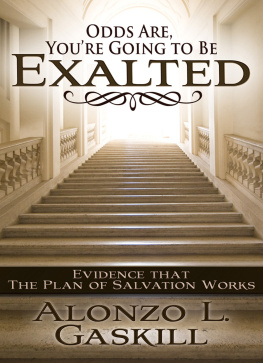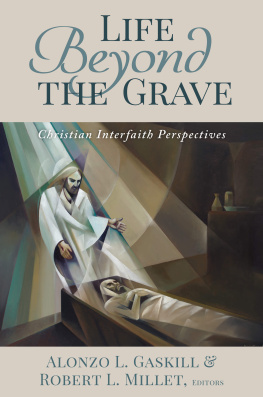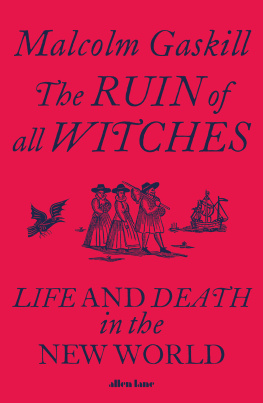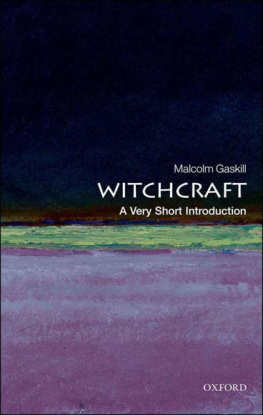BETWEEN TWO WORLDS


Copyright 2014 by Malcolm Gaskill
Published by Basic Books
A Member of the Perseus Books Group
All rights reserved. No part of this book may be reproduced in any manner whatsoever without written permission except in the case of brief quotations embodied in critical articles and reviews. For information, address Basic Books, 250 West 57th Street, New York, NY 10107.
Books published by Basic Books are available at special discounts for bulk purchases in the United States by corporations, institutions, and other organizations. For more information, please contact the Special Markets Department at the Perseus Books Group, 2300 Chestnut Street, Suite 200, Philadelphia, PA 19103, or call (800) 810-4145, ext. 5000, or e-mail .
Designed by Jack Lenzo
Set in 11 point Adobe Caslon Pro by the Perseus Books Group
Library of Congress Cataloging-in-Publication Data
Gaskill, Malcolm.
Between two worlds : how the English became Americans / Malcolm Gaskill.
pages cm
Includes bibliographical references and index.
ISBN 978-0-465-08086-1 (ebook)
1. United StatesCivilizationTo 1783. 2. United StatesCivilizationEnglish influences. 3. United StatesHistoryColonial period, ca. 16001775. I. Title.
E162.G38 2014
973dc23
2014017693
10 9 8 7 6 5 4 3 2 1
For Ed and Audrey Gaskill, who brought me into this world
Leaving the old, both worlds at once they view,
That stand upon the threshold of the new.
Edmund Waller, 1685
CONTENTS
I N THE SEVENTEENTH CENTURY more than 350,000 English people crossed the Atlantic to America. They were a mixed lot: male and female, young and old, rich and poor, rural and urban. Motives varied. There were those who fled poverty or persecution, and those who went to open trade routes or build estates, to explore and exploit. Some were coerced, including reprieved felons, prisoners of war, kidnapped children, and adolescents put into service. Frequenters of dockside inns woke up on ships that had already weighed anchor to discover they had been forced into indentured servitude. Even willing apprentices had no idea what they were getting into, though they had time to reflect later as they sweated on distant plantations. Migrants went to join relatives, to preach and proselytize, to take jobs, or to satisfy their curiosity about the New World. Some people intending to visit found themselves extending their stays, sometimes indefinitely. Others, who had resolutely forsaken England, slunk back disillusioned or ruined, homesick for the place of their birth. America was a land of promise, even a promised land; but viewed from across the ocean, amid howling wolves and prowling enemies, England could seem like a paradise lost.
There was no single America. English settlements on the Atlantic seaboard stretched from Newfoundland in the north, down through Maine and New Hampshire, into Massachusetts, Connecticut, and Pennsylvania, and from there into the southern colonies of Maryland, Virginia, and the Carolinas. Bermuda and the Caribbean islands, principally Barbados and Jamaica, complete the picture. Life at a fishing station on the Avalon Peninsula of southeastern Newfoundland was very different from life in one of the ordered townships of New England, a lonely settlement of the James River, or a seething West Indian sugar field. Migrants did have one thing in common: they were no longer in England, and they had to get used to it. At best, conditions were taxing; at worst, traumatic beyond anything they had imagined while waiting for fair winds at Gravesend or Plymouth. Experience made these men and women think about the wider world, about other races and cultures, and about themselves and their native land. And their stories guided English attitudes toward America, which in turn shaped ideas about Englands Atlantic identity and imperial destiny.
Experience came from adventure. The well-informed accepted the risks, or blithely dismissed them, because the prospect of change was so alluring. Youths feared missing out; ducking the challenge seemed cowardly, even effeminate. Adventure meant not just derring-do but also speculation. Many adventurers stayed in England, financing enterprise in America by buying company shares, sponsoring workers, or exchanging cargoes of tools and clothes for timber, furs, or fish. The success of colonization depended on both sorts of adventurers, as well as a taste for risk. Plenty of investors went bust, and many settlers died miserably. Yet even after tales of colonial disasters entered circulation, people still gambled their money on the New World and emigrated there in droves. Home may be where the heart is, as we say today, but, as Shakespeare wrote in the 1590s, it is also where small experience grows and a wind scatters young men through the world.
With people and materials went information and opinion. Letters from England gave instructions and asked questions; they brought news of family and national events. Letters from America put a brave face on misery, and requested suppliesand letters. Bibles and broadsheets were read to pieces in the colonies; as ships docked in Boston, men at the quayside clamored for newspapers, eager to stay in touch. While London booksellers packed barrels for the New World, English readers relished American-themed publications, from ballads to sermons, promotional literature to eyewitness reports. America became a parallel realm of existence that penetrated English life after 1600, firing imaginations and breeding possibilities. In return, visions of America were colored and clouded by migrants perceptions of England.
Adventures in Americabuilding towns, charting rivers, fighting natives, or raising frontier familieshad unforeseen consequences. For as colonists strove to leave a mark on the New World, so the New World left its mark on them. The desire to maintain integrity in oneself and in ones family, community, and society was strong, but weaker than the drift to dissolution and assimilation. Throughout the seventeenth century, Americans were the Indians to whom values and
Whatever dreams second-generation migrants had of England, their affinity with its people had faded by comparison with their parents. White-skinned natives born in America were English in ethnicity and language, but most had only a secondhand sense of England itself. Like their transplanted parents, colonists in every foreign territory worked hard to preserve links with the Old World. They were not exceptional, if exceptional implies achieving uniqueness through seclusion; nor were they Americanized, if that means having completed a fast and thorough transformation. Cultural alteration was gradual and nuanced. It emerged less from desire for change than from wanting to stay the samea feeling more passionate than the most visceral patriotic conservatism in England. It was a yearning for transoceanic continuity and intimacy that could not, in the end, conquer feelings of estrangement. And so to the third generation in Americaabove all in New Englandthe old English became less like siblings and compatriots, and more like cousins and ancestors.
Colonists of the 1690s still spoke fondly of the motherland, but the maternal instinct was weak: they craved love, but got strict parenting. To imagine all that to be England where English men... doe dwell, said a Jacobean clergyman, was an idea more beloved of migrants than of English kings, who, after 1660, made distant subjects feel like peasants or slaves. But when the children rebelled, as they did long before 1776, they were revolutionary in the seventeenth-century sense only: they desired the
Next page

